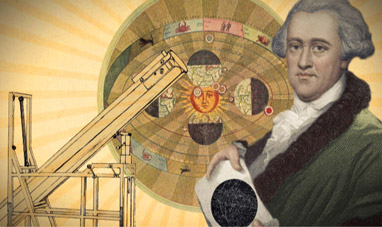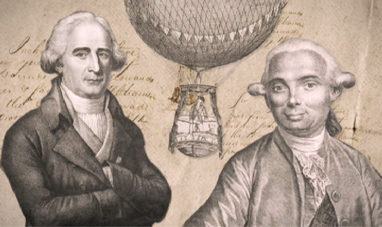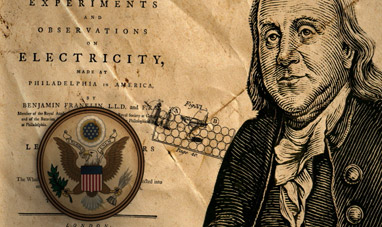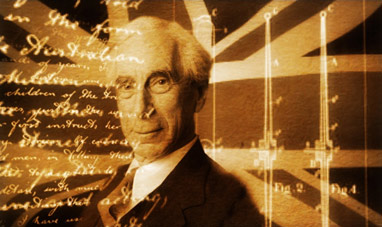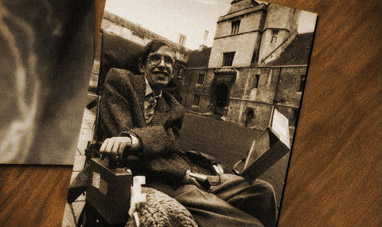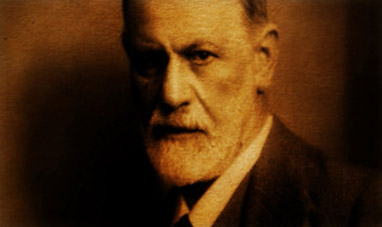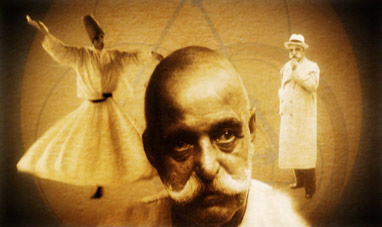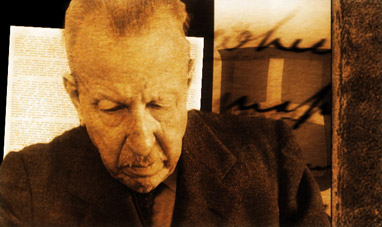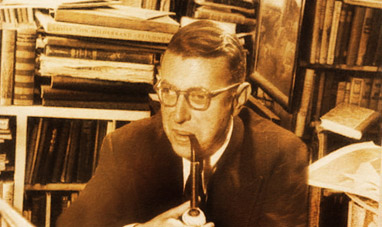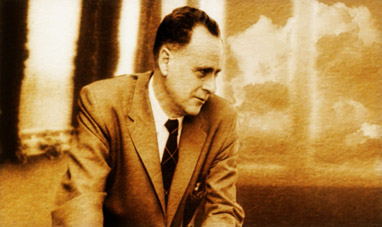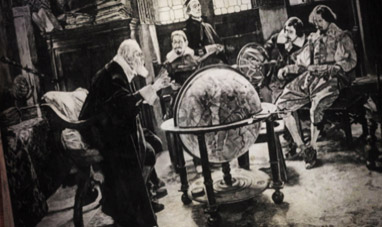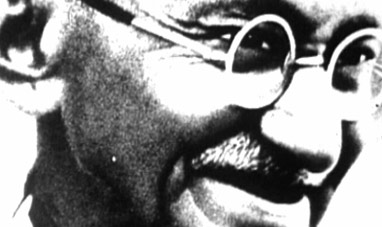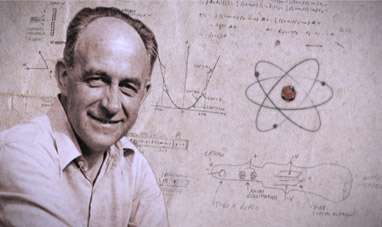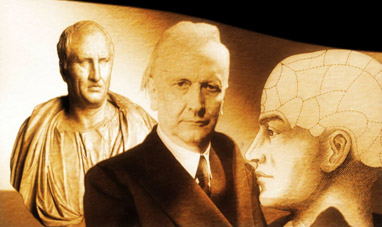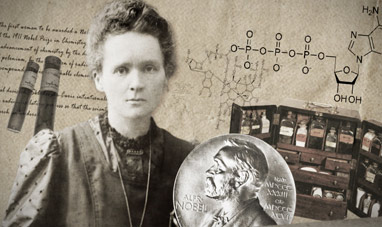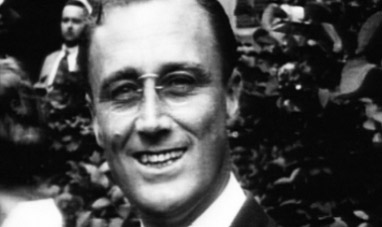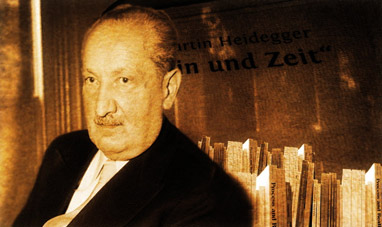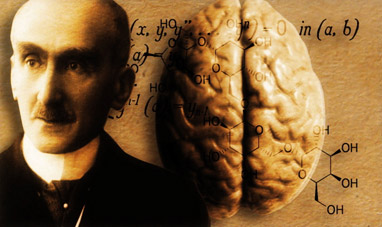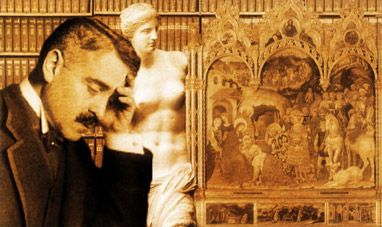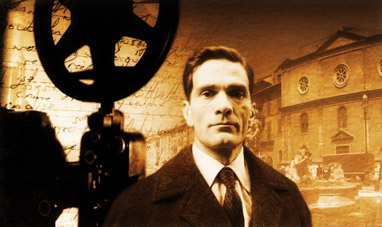John Maynard Keynes was one of the most influential economists of the 20th Century. He was born on June 5, 1883 in Cambridge, Great Britain. His father was a professor of economics. His mother was a writer engaged in the fight for civil rights. After a brilliant academic career, Keynes obtained important assignments in the economic and financial fields. In 1912, when he was only 29, Keynes became the director of the Economic Journal, a prestigious economics magazine. During World War One he worked for the British Treasury, managing financial relationships with England’s allies. Following the end of the war in 1919, Keynes took part in the Conference of Versailles, where the peace treaties were established. At Versailles, France lobbied to inflict heavy economic sanctions on defeated Germany. Keynes opposed the idea, maintaining it was necessary to ensure economic stability throughout Europe in order to consolidate democracy. He feared that harsh treatment of the German economy might lead to serious consequences.
That same year he reasserted this concept in his book, The Economic Consequences of the Peace. Keynes was unable to convince people, but his appeal proved prophetic: 20 years later Germany, by then humiliated and impoverished, started World War Two. In 1929 the United States experienced a serious economic crisis known as the Great Depression. Three years into the crisis, President Franklin Delano Roosevelt asked Keynes to help revive the US economy.Keynes was convinced that the State needed to intervene in times of crisis. He suggested that Roosevelt invest in social programs designed to help the poorest citizens, offering new jobs to help build public works. Keynes’s propositions proved successful. Starting in 1933 the United States entered a new phase of economic growth called the New Deal. In 1936 Keynes summed up the American experience in his book The General Theory of Employment, Interest and Money. It was the first essay to provide a comprehensive, overall description of State economics.
In 1942 Keynes was awarded the title of Baronet for his accomplishments as an economist. Two years later Keynes represented the British Government at the Conference of Bretton Woods, a meeting among the countries that had emerged victorious from World War Two to determine the planet’s new financial equilibrium. Keynes proposed to establish a monetary system based on a single new international currency, the bancor. However, the United States opposed this solution, and the dollar became the international currency of reference. Keynes died of a heart attack on April 21, 1946, in Cambridge. He was 63. His work is the base of modern macroeconomics, a discipline that examines economic systems on a national scale.
That same year he reasserted this concept in his book, The Economic Consequences of the Peace. Keynes was unable to convince people, but his appeal proved prophetic: 20 years later Germany, by then humiliated and impoverished, started World War Two. In 1929 the United States experienced a serious economic crisis known as the Great Depression. Three years into the crisis, President Franklin Delano Roosevelt asked Keynes to help revive the US economy.Keynes was convinced that the State needed to intervene in times of crisis. He suggested that Roosevelt invest in social programs designed to help the poorest citizens, offering new jobs to help build public works. Keynes’s propositions proved successful. Starting in 1933 the United States entered a new phase of economic growth called the New Deal. In 1936 Keynes summed up the American experience in his book The General Theory of Employment, Interest and Money. It was the first essay to provide a comprehensive, overall description of State economics.
In 1942 Keynes was awarded the title of Baronet for his accomplishments as an economist. Two years later Keynes represented the British Government at the Conference of Bretton Woods, a meeting among the countries that had emerged victorious from World War Two to determine the planet’s new financial equilibrium. Keynes proposed to establish a monetary system based on a single new international currency, the bancor. However, the United States opposed this solution, and the dollar became the international currency of reference. Keynes died of a heart attack on April 21, 1946, in Cambridge. He was 63. His work is the base of modern macroeconomics, a discipline that examines economic systems on a national scale.




